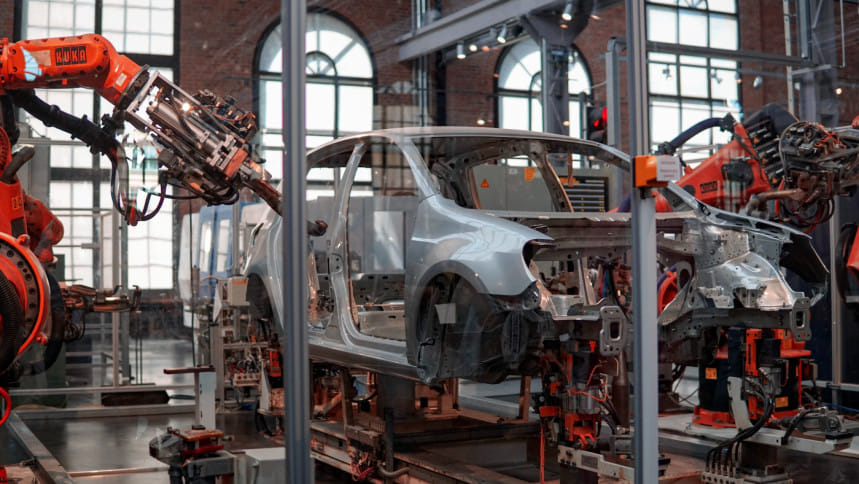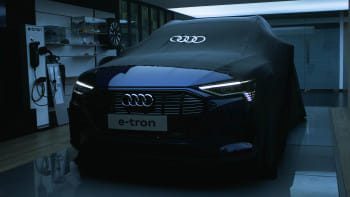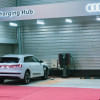Country’s first electric vehicle manufacturing plant underway in Chattogram

Bangladesh is propelling itself into the future of sustainable transportation with a colossal investment in electric vehicle manufacturing. According to reports, Bangladesh Auto Industries Limited, a subsidiary of Mango Teleservices, is investing Tk 1440 crore to build the country's first electric car factory. Located in Bangabandhu Shilpa Nagar Economic Zone in Mirsarai, Chattogram, the plant is set to roll out its first cars by March next year. Mir Masud Kabir, the Founder and Managing Director of Mango Teleservices Ltd, confirmed the news to The Daily Star.
Ten banks have joined forces to contribute Tk 790 crore towards the construction of the factory, forming two alliances for this financial endeavour. The rest of the capital is being provided by entrepreneurs. This groundbreaking initiative has completed its infrastructure phase, and machinery installations are now underway on the 100-acre plot.
Approximately 75 percent of the total investment will go into the manufacturing of the main structure (body), battery, motor, and charger. The remaining 25 percent will be allocated to the import of interior design elements. The main body of various vehicle types, including sedans, SUVs, and buses, will be manufactured at this facility. Agrani Bank leads an alliance of state-owned and private sector banks contributing Tk 240 crore towards the factory's construction.
In addition to the main plant, a separate factory named Bangladesh Lithium Battery Limited will produce lithium batteries, state reports. These batteries will not only be utilised in the electric vehicles but also in other sectors such as solar energy, data centres, and UPS systems. This factory is part of the ambitious Bangladesh Auto Industries initiative and has an allocated budget of Tk 750 crore. Another factory, Mango Technologies Limited, is set to produce the motor control and charging systems at a cost of Tk 140 crore. According to reports, machinery for this factory is being imported via the private sector Mutual Trust Bank.
The manufacturing plants are expected to provide direct employment to approximately 1500 people initially, with plans to expand the workforce to 5000 as production scales up. The company aims to produce 60,000 2-wheelers, 40,000 3-wheelers, and 30,000 4-wheelers annually. Entrepreneurs behind the project express that the vehicles will be marketed under Bangladesh's own brand. Plans also include the introduction of charging facilities at petrol stations across the country.
Reports state that the vehicles will be designed to provide maximum comfort to users. While the interior design will be imported, the company aims to manufacture world-class vehicles by incorporating these elements seamlessly.

 For all latest news, follow The Daily Star's Google News channel.
For all latest news, follow The Daily Star's Google News channel. 






Comments